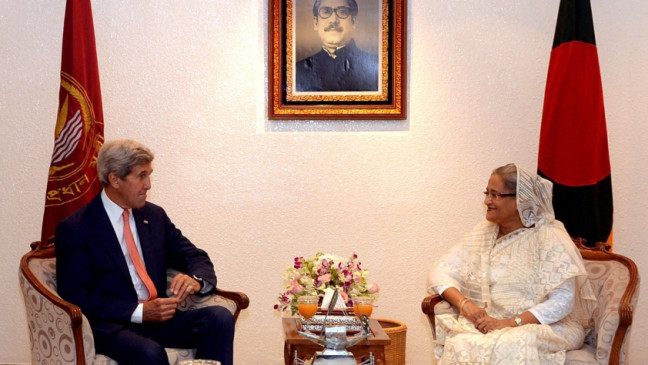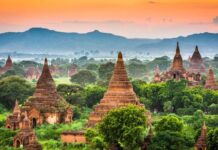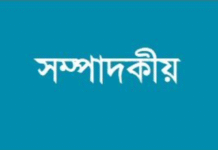Who said that the art of diplomacy ended at the Cliffs of Dover? That the fine art, so perfected by the British, has rubbed off very well eventually on the current progeny of the settlers of one of the largest British colonies was well demonstrated during the whirlwind tour of Bangladesh by the US Secretary of State. If after a tour lasting less than ten hours all the parties, including the hosts, are ‘happy’ then there cannot be a greater cause for comfort for the visiting guests.
And that is what we have been given to understand from the news and various reports-laced-with-comments. The party in office is happy mainly because the visit, first of a very high ranking US official since the 2014 elections, to them is an indication of a change of US perception of the government from what it was following that election about which the US had had serious reservations.
In the absence of a joint communiqué of sorts post visit, it is difficult to say what specifics were discussed between the visitor and the various parties. The foreign ministry statement has little details, and all that we come to know from the US Secretary about his discussions with the Prime Minister and other senior officials is that he “had the opportunity to highlight how far Bangladesh has come in its four and a half decades since independence, and how much our countries now work together on everything from health care to education to regional and global security.”
The ruling party has taken comfort in assuming, and some AL stalwarts have even gone so far as suggesting, that Secretary Kerry’s visit is an acknowledgement by the US of the 2014 elections’ freeness, fairness and inclusiveness. That perhaps may be a self-assuring pronouncement but there is no doubt that for our friends and development partners, like many in Bangladesh, the current political dispensation is a fait accompli. Recognising an aberration does not validate it in as much as recognising a military government and doing business with it – as most countries had done with the military rulers and pseudo-democratic governments in this country for good ten years – does not validate the means and methods of its assuming the reins of power.
But that the importance of the need for inclusiveness and democratic practice, as well as the requirement to uphold human rights, as prerequisites for equitable development and for security of the country, particularly when dealing with militancy, was not lost upon our US guest who ever so subtly put the message across in his speech at the Edward Kennedy Centre in Dhaka; it merits repetition. John Kerry said, “Security also has to be built on the strength of your civil society and the strength of your people’s ability to be able to express their views and not feel as if the only place they can turn is to extremism in order to make a point…. democracy still provides the most resilient and the most reliable platform that we have for preventing and responding to violent extremism.”
As for the brass-tacks, we do know that, “The issues of bilateral trade, investment and duty free access of Bangladesh products to the US market were discussed in detail,” but what came out of the discussions on the most pressing of the issues – that of restoring the GSP facilities to Bangladesh – we do not know. From the rather remorseful comments of the commerce minister we may as well forget about the GSP for good.
John Kerry had listed the areas that the US government had aided Bangladesh in since its independence. But if it really wants Bangladesh to develop, the only policy that will make US’ role as our development partner meaningful is a ‘hand up’ rather than ‘handout’ policy; handout is what foreign aid turns out to be in the long run. The last thing that a development partner would want to impose is a mechanism that stifles export growth of its partner to its market.










